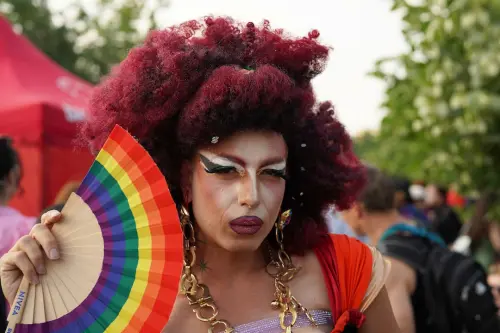Introduction
Tens of thousands of Romanians participated in an LGBTQ Pride march in Bucharest, advocating for civil union partnership legislation and equal rights amidst a political climate influenced by the far right.Context
Romania has yet to comply with a 2023 ruling from the European Court of Human Rights, which determined that the country had failed to protect the rights of same-sex couples by not recognizing their relationships. Although Romania decriminalized homosexuality in 2001, it lags behind other EU nations in offering legal marriage or civil partnerships to same-sex couples.Developments
Teodora Roseti, president of the LGBTQ rights organization ACCEPT and organizer of the Pride event, expressed the community's demands: “We want legal protection for same-sex couples, an easy legal procedure for transitioning, and protection against hate speech and prejudice-based crimes.”The atmosphere in Bucharest was vibrant, as marchers danced and waved the rainbow flag, carrying banners with messages like "Love is the worst feeling you could hate" and "Equality in love, equality in inheritance. Civil partnership for all." Approximately 30,000 people attended the parade, according to estimates from ACCEPT.
These celebrations occurred during a tense period in Central and Eastern Europe, where far-right parties are increasingly gaining influence. A smaller anti-Pride protest, featuring participants advocating for an Orthodox Christian nation and brandishing flags with the Celtic cross, occurred just hours before the Pride march.
In Romania, centrist mayor Nicusor Dan won the recent presidential election against hard-right candidate George Simion, who had shown strong opposition to LGBTQ rights. The organizations ACCEPT and Mozaiq have reported a rise in hate speech against the LGBTQ community during the election campaign, with incidents of vandalism at their headquarters.
In contrast, neighboring Hungary's parliament enacted legislation earlier this year that further marginalizes LGBTQ rights, intensifying concerns about the regional climate for LGBTQ individuals.
